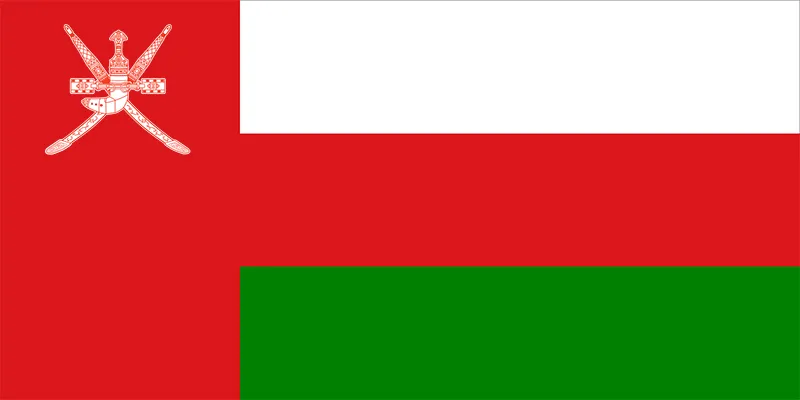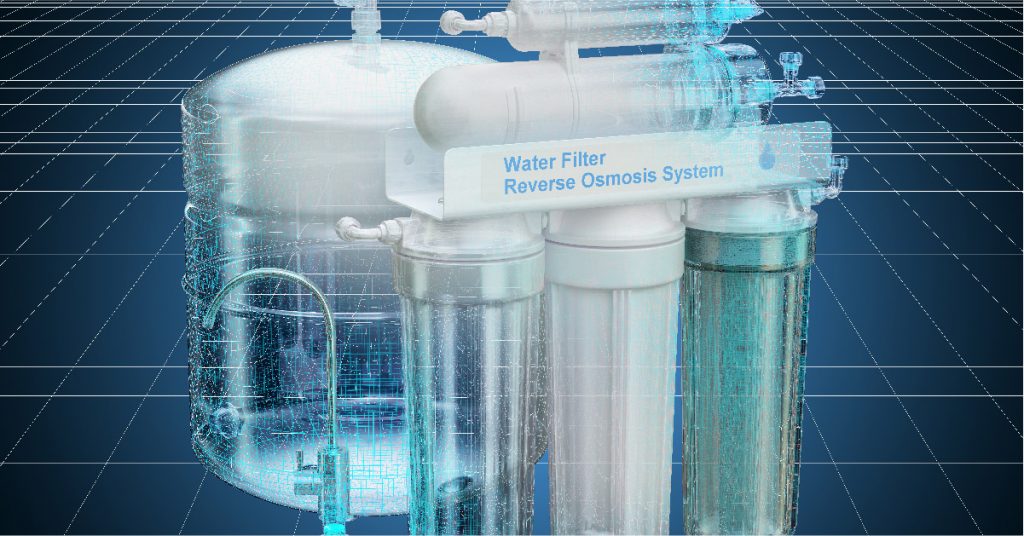Water scarcity is a pressing concern for many regions around the world, including Oman. With limited freshwater resources and increasing water demands due to industrial growth and population expansion, the need for efficient water treatment technologies has never been more critical. One such innovative and reliable technology is the ultrafiltration process. This advanced water filtration method is gaining popularity in Oman for its ability to provide safe, clean, and high-quality water for various applications.
What is the Ultrafiltration Process?
The ultrafiltration process is a membrane-based filtration technology that separates suspended solids, bacteria, viruses, and other contaminants from water. This process uses ultrafiltration membranes with pore sizes typically ranging from 0.01 to 0.1 microns. The ultrafiltration membrane process is highly effective in producing purified water, making it a preferred choice for industries and municipalities alike.
Unlike conventional filtration methods, the ultrafiltration process relies solely on physical filtration without the use of chemicals. This makes it an environmentally friendly and sustainable solution for water treatment applications.
Ultrafiltration Process in Wastewater Treatment in Oman
Oman has been actively investing in water treatment technologies to address its growing water challenges. The ultrafiltration process in wastewater treatment plays a significant role in this effort. Wastewater from residential, commercial, and industrial sources undergoes ultrafiltration to remove harmful contaminants and produce treated water suitable for reuse in irrigation, industrial processes, and groundwater recharge.
The process of ultrafiltration in wastewater treatment involves the following steps:
- Pre-treatment: Large particles, debris, and oils are removed to protect the ultrafiltration membranes from damage.
- Ultrafiltration: The water passes through ultrafiltration membranes, which trap suspended solids, microorganisms, and other pollutants.
- Post-treatment: The treated water may undergo additional disinfection or conditioning, depending on its intended use.
By adopting the ultrafiltration process, Oman is contributing to sustainable water management, reducing its dependence on freshwater sources, and supporting environmental conservation.
Benefits of the Ultrafiltration Process in Oman
1. Superior Water Quality
The ultrafiltration process ensures exceptional water quality by effectively removing particles, bacteria, and viruses. The ultrafiltration membrane process provides a physical barrier that guarantees the production of clean and safe water, essential for both drinking and industrial applications.
2. Chemical-Free Filtration
Unlike other filtration techniques, the ultrafiltration process does not require chemical additives. This reduces the potential for chemical contamination and makes the process safer for the environment. In Oman, where environmental sustainability is a growing concern, this feature is particularly advantageous.
3. Energy Efficiency
The ultrafiltration membrane process operates at relatively low pressure compared to reverse osmosis systems. This energy-efficient operation translates into lower operational costs, making it a cost-effective solution for various sectors in Oman, including municipal water treatment and industrial applications.
4. Compact and Modular Design
Ultrafiltration systems have a compact and modular design, making them suitable for installation in limited spaces. This flexibility allows for easy expansion to meet increasing water treatment demands without significant infrastructure changes.
5. Consistent Performance
The ultrafiltration process provides consistent and reliable performance, regardless of variations in feed water quality. This reliability is essential for critical applications such as drinking water production and wastewater treatment in Oman.
6. Water Reuse and Resource Conservation
Water reuse is a vital component of Oman’s water strategy. The ultrafiltration process in wastewater treatment facilitates the reuse of treated water for non-potable applications like irrigation, industrial cooling, and construction activities. This not only conserves precious freshwater resources but also supports the country’s sustainability goals.
Applications of Ultrafiltration Process in Oman
The ultrafiltration process is employed across various sectors in Oman, including:
- Municipal Water Treatment: Ensuring safe drinking water for communities by removing harmful contaminants.
- Industrial Applications: Providing high-quality water for manufacturing processes in industries such as food and beverage, pharmaceuticals, and petrochemicals.
- Desalination Pre-Treatment: Protecting reverse osmosis membranes in desalination plants by removing suspended solids.
- Wastewater Treatment and Reuse: Enabling the reuse of treated wastewater for agricultural and industrial purposes.
Ion Exchange’s HYDRAMEM Membrane Technology: Advancing Water Treatment
Ion Exchange has been at the forefront of water treatment innovation with its HYDRAMEM membrane technology, providing tailored ultrafiltration and nanofiltration solutions to address complex water treatment needs.
Hydramem Ultrafiltration (UF) Modules are advanced hollow fiber membranes engineered to handle a wide range of applications, including the treatment of brackish water (ground, river, and surface), municipal waste, industrial effluents, and seawater, catering to both potable and process water needs. These cutting-edge modules are available in two configurations: modified PES fibers (in to out) and PVDF fibers (out to in), offering flexibility and efficiency for diverse operational requirements. With a molecular weight cut-off (MWCO) of 100,000 Daltons (100 KD), Hydramem UF modules ensure optimal energy usage while delivering consistent permeate quality with an SDI of less than 3, making them a reliable solution for superior water treatment.
Future of Ultrafiltration Process in Oman
As Oman continues to address its water challenges, the adoption of advanced water treatment technologies like the ultrafiltration process is expected to grow. The country’s focus on sustainable development and water resource management will drive investments in ultrafiltration membrane process systems for both municipal and industrial applications.
The ultrafiltration process in wastewater treatment will play a critical role in achieving Oman’s water sustainability goals. By recycling and reusing treated wastewater, the country can reduce its reliance on desalination and groundwater extraction, preserving natural resources for future generations.
Conclusion
The ultrafiltration process offers a reliable, efficient, and environmentally friendly solution to Oman’s water treatment challenges. Its ability to provide high-quality water, support wastewater reuse, and reduce operational costs makes it an ideal choice for various applications across the country.


